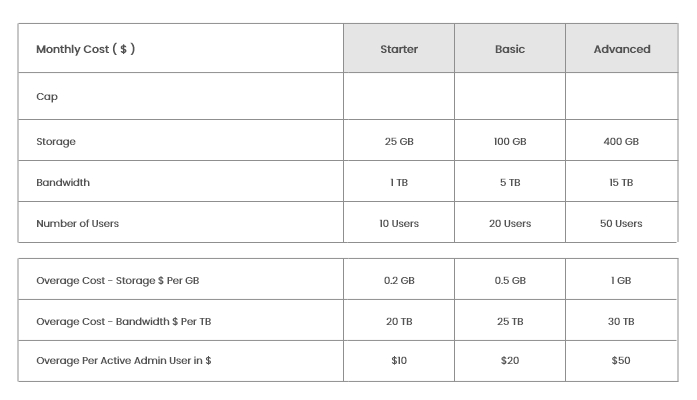



Why do some of the blog posts not appear in Google searches?
Google will grade your blog based on its regularity of updates...
Crawling and indexing will sound familiar to you if you are familiar with how search engine bots operate.
In the first place, Google makes no promises or assurances that they will crawl or index your website.
For Google to become aware of your blog, you must continue to update its material. Google can only crawl, index, and rank a certain number of sites at once, so it must evaluate each one's content and popularity individually. Stories are directly listed for indexing for the Google Discover Feature in the Hocalwire CMS editor's indexing features. The same is enabled by default for all tales, and the settings may be frequently repeated.
Why Google is not indexing your blog posts?
Well, there are a lot of reasons why Google isn't indexing your posts. I've also included measures you may do in the next portion of this article to make sure your posts get indexed.
Following your confirmation that your posts are not indexed by Google, here are a few possible explanations:
For each website, Google allots a crawl budget and a crawl time. Google bots base their crawl time on how frequently you make posts if you are one of those people. It can take a few days before search engine spiders decide to crawl your website once more if, on the other hand, you produce posts at random intervals throughout the course of days or months. One of the main causes of your content not being indexed is due to this.
This typically occurs with large sites or a buddy site. Similar to crawl time, Google determines a crawl budget for a site. Because of the size of your site, Google's crawl budget is exceeded at the time of the crawl, which affects the crawling of new articles.
Although this is the most fundamental, occasionally even seasoned webmasters missed it. The indexing could be a problem if your sitemap is not submitted to Google Search Console. Additionally, Google may have trouble finding the new posts if your sitemap does not include them.
Google uses internal connections, related post links, links in blog menus, and backlinks in addition to sitemaps to efficiently index a website. Now, if your most recent postings aren't linked from any place and bots can't discover them, that could be detrimental.
There may be other factors, but in the majority of cases, these are the ones that prevent your posts from being indexed by Google.
What you should do to conduct further research:
- Visit the Google search console.
- Enter the URL that Google has not indexed in the URL field (top).
How long does it take Google to index a page?
It differs. It depends on how your site's content is linked together and how frequently you change it. For new sites, indexing may take weeks or even months.
How Can We Rank Higher In Google Search?
The Google search console's URL inspection tool is the most effective method. Google will grade your blog based on its regularity of updates, the number of backlinks, etc. If you have duplicate content on older blogs and are still having indexing issues, check to see if it is internal or external. Do not rely on sitemaps either. They are not required. Ensure that all of the material can be found using standard links. You can serve web pages incredibly quickly with Hocalwire CMS.
Hocalwire CMS handles the technical parts of keeping Large Sitemaps, Indexing pages for Google, Optimizing page load times, Maintaining assets and file systems, and Warning for broken links and pages while you handle all these non-technical components of SEO for Enterprise sites. If you're searching for an enterprise-grade content management system, these are significant value adds. To learn more, Get a Free Demo of Hocalwire CMS.

